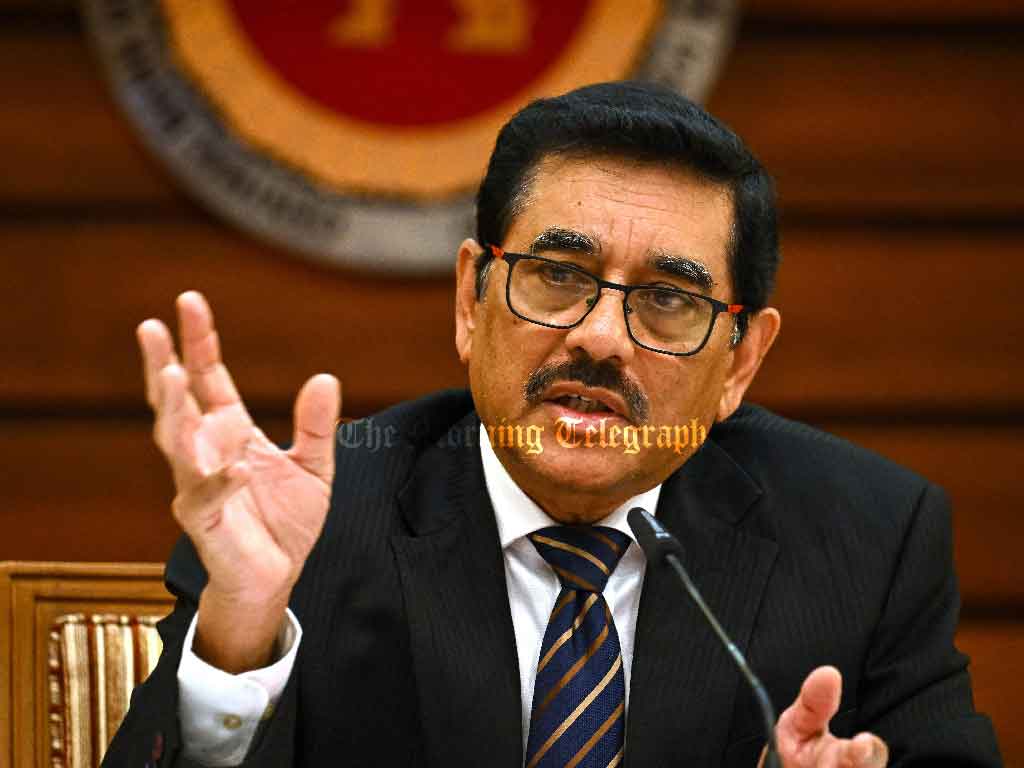
The Central Bank of Sri Lanka (CBSL) presented its Policy Statement for 2025 and beyond on January 8, 2025, under the theme “Stability for Prosperity.” Marking its 75th anniversary, the CBSL outlined strategies aimed at sustaining economic stability, with a focus on inflation control, financial system reforms, and public debt management.
According to the CBSL, Sri Lanka, which recently faced its worst economic crisis, has shown remarkable recovery. The bank emphasized the importance of sustaining this momentum through targeted policies and structural reforms.
Policies to Ensure Price Stability
The CBSL’s efforts to safeguard price stability include the following initiatives:
- Inflation Management: Maintain inflation at 5%, with a return to positive territory expected by mid-2025.
- Credit Expansion: Support private sector credit growth to boost economic activity.
- Interest Rate Adjustments: Work with financial institutions to reduce high interest rates on select debt instruments.
- Savings Innovations: Introduce innovative approaches to encourage savings.
- Data-Driven Policymaking: Improve forward-looking and data-driven monetary policies.
- Monetary Operations: Conduct operations to align short-term interest rates with the overnight policy rate.
- Liquidity and Reserve Frameworks: Enhance liquidity forecasting and statutory reserve requirements.
- Open Market Auctions: Implement scheduled open market auctions.
- External Reserves: Rebuild external reserves to stabilize the economy.
- Exchange Rate Guidance: Provide clear exchange rate guidance to the market and the public.
- Policy Communication: Ensure clear and transparent communication of policies to all stakeholders.
Policies for Financial System Stability
To strengthen the financial system, the CBSL plans to implement the following measures:
- Bank Capitalization: Monitor bank capitalization strategies to meet minimum capital requirements.
- Consolidation of Banks: Establish a framework to ensure banking institutions are resilient and well-capitalized.
- Regulatory Reforms: Strengthen the regulatory framework under the Banking (Amendment) Act.
- Offshore Banking: Facilitate offshore banking in collaboration with the Colombo Port City Economic Commission.
- Financial Companies Consolidation: Implement the second phase of financial company consolidation.
- Legislative Amendments: Introduce amendments to the Financial Business Act and the Lease Financing Act.
- Capital Buffers: Define capital buffers for systemically important banks and financial institutions.
- Sustainable Finance: Release the Sri Lankan Outlook on Sustainable Finance 2.0.
- Credit Supervision: Strengthen credit supervision through macroprudential tools.
- Digital Payment Systems: Amend the Payments and Settlement Systems Act and related laws, and implement the Government Digital Payment Platform.
- Consumer Protection: Expand market conduct supervision under the Financial Consumer Protection Regulations and publish key financial data for public awareness.
Broader Initiatives
The CBSL also aims to promote financial inclusion and enhance operational efficiencies in public financial management:
- Financial Inclusion: Expand policies to promote greater financial inclusion.
- Debt Management: Gradually transfer public debt management responsibilities to the Public Debt Management Office.
- Foreign Exchange Reforms: Review and modernize foreign exchange regulations.
- Anti-Money Laundering: Strengthen frameworks to combat money laundering and terrorism financing.
- Employees Provident Fund (EPF): Digitize EPF operations and diversify investments to secure retirement benefits for members.
A Strong Foundation
The CBSL proudly stated that Sri Lanka has recovered faster than anticipated, comparing favorably to other nations that experienced similar crises. However, sustaining this stability requires a steadfast commitment to implementing critical economic reforms.
Building buffers to withstand shocks and driving growth without compromising economic stability are central to CBSL’s strategy. The institution remains committed to maintaining domestic price stability, ensuring a resilient financial system, and supporting the economy in reaching its full potential.




